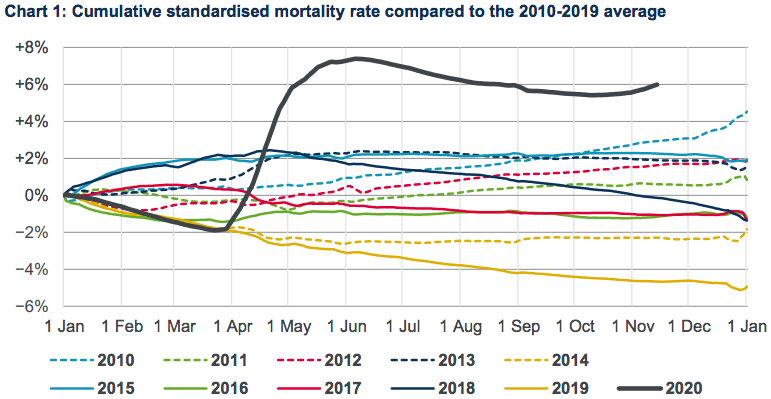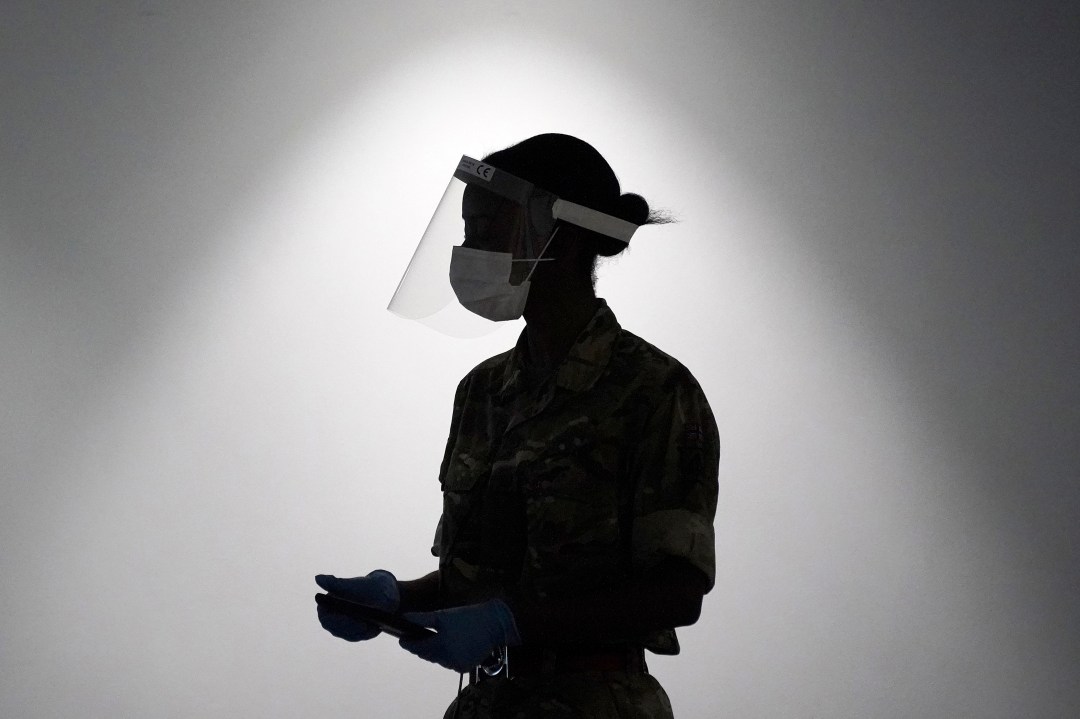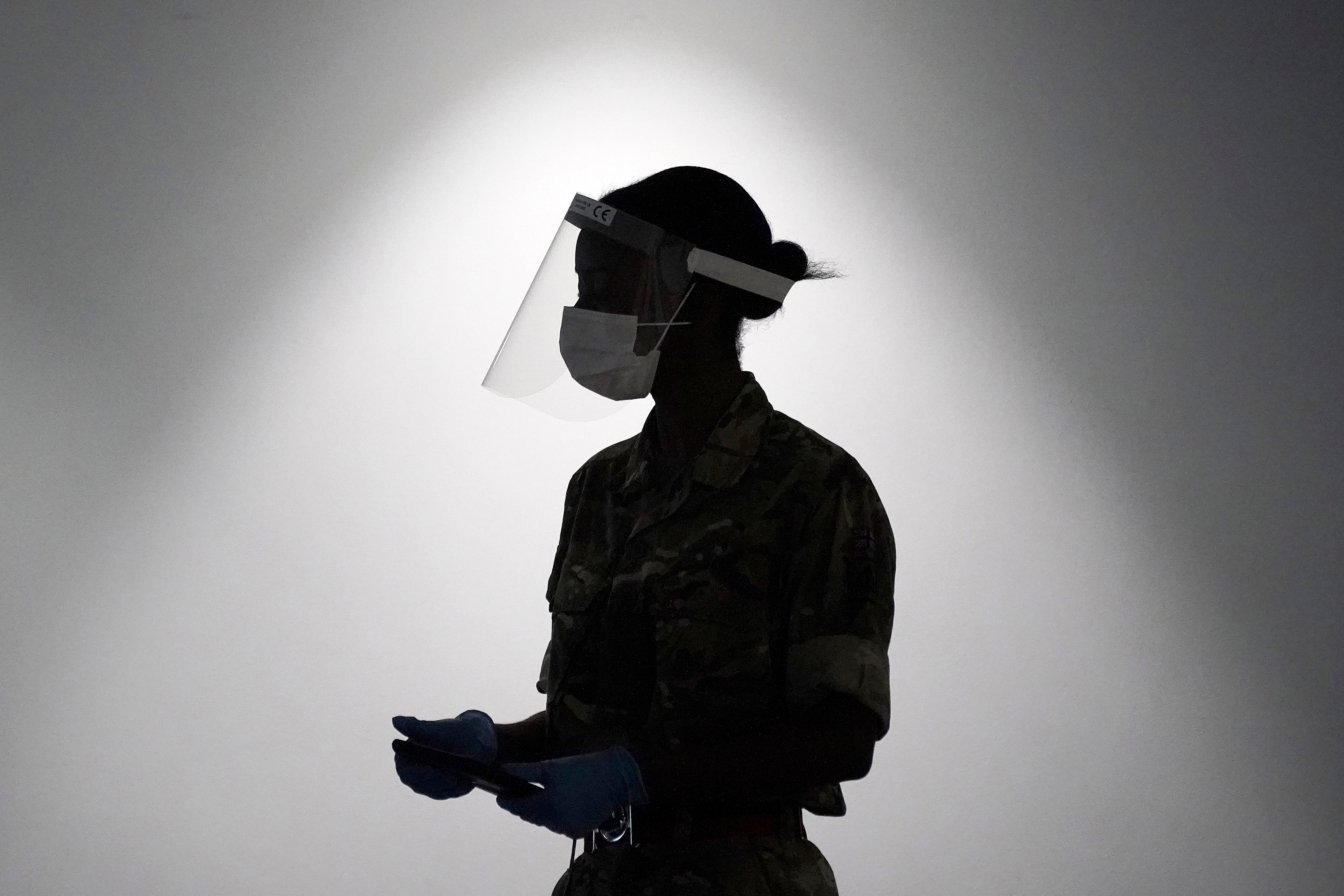Assessing the number of Covid deaths has been notoriously difficult throughout the pandemic. Over the summer, English figures were revised down by more than 5,000 after researchers at Oxford University discovered a flaw in the way Public Health England was registering deaths. Another route for assessing the mortality of Covid is to look at excess deaths — while comparing this year’s deaths to previous years is a blunt instrument, it is also in some ways more reliable. We may not know the reason for death but we know that more are occurring.
Tuesday’s release by the Office of National Statistics (ONS) looking at weekly registered deaths in England and Wales painted a bleak picture. From the week of 9 November (week 46), the ONS recorded 12,254 deaths, which it said was 1,904 — or 18.4 per cent — above the average of the past five years.
However, this figure does not tell us the full story. Not only is the population of England and Wales growing; it is also ageing. The population of over-70s, for example, has grown over the past decade by an average of 2 per cent a year. Therefore, year on year, we should expect deaths to rise — simply comparing this year’s mortality rate with the five-year average does not give us a like for like picture. A more enlightening view is provided by the Institute and Faculty of Actuaries, which publishes a weekly ‘mortality monitor’ in which it compares this year’s mortality rate with last year’s, adjusting for the change in population profile over the past 12 months.
Its analysis shows that deaths in week 46 were 1,442 — or 13 per cent — higher than they would have been had 2020 had the same mortality rate as last year. Compare it with the standardised mortality rate for the years 2015 to 2019, on the other hand, and excess deaths for week 46 of 2020 fall to 1,388.

The Institute also looks at the cumulative excess deaths for the whole of 2020 — including the spike from the first wave of Covid-19 in the spring — and compares it with mortality for each of the past 10 years, adjusting for changes in the size and composition of the population. This reveals that deaths so far in 2020 are running 6 per cent higher than the average for 2010 to 2019. They are just 3 per cent higher than they were for the worst of those years, 2010.
The year 2010 ended with a freezing December and an upwards blip in deaths, but it’s clear that 2020 will still be a particularly bad year for deaths — though not nearly as bad as many people would suspect.







Comments